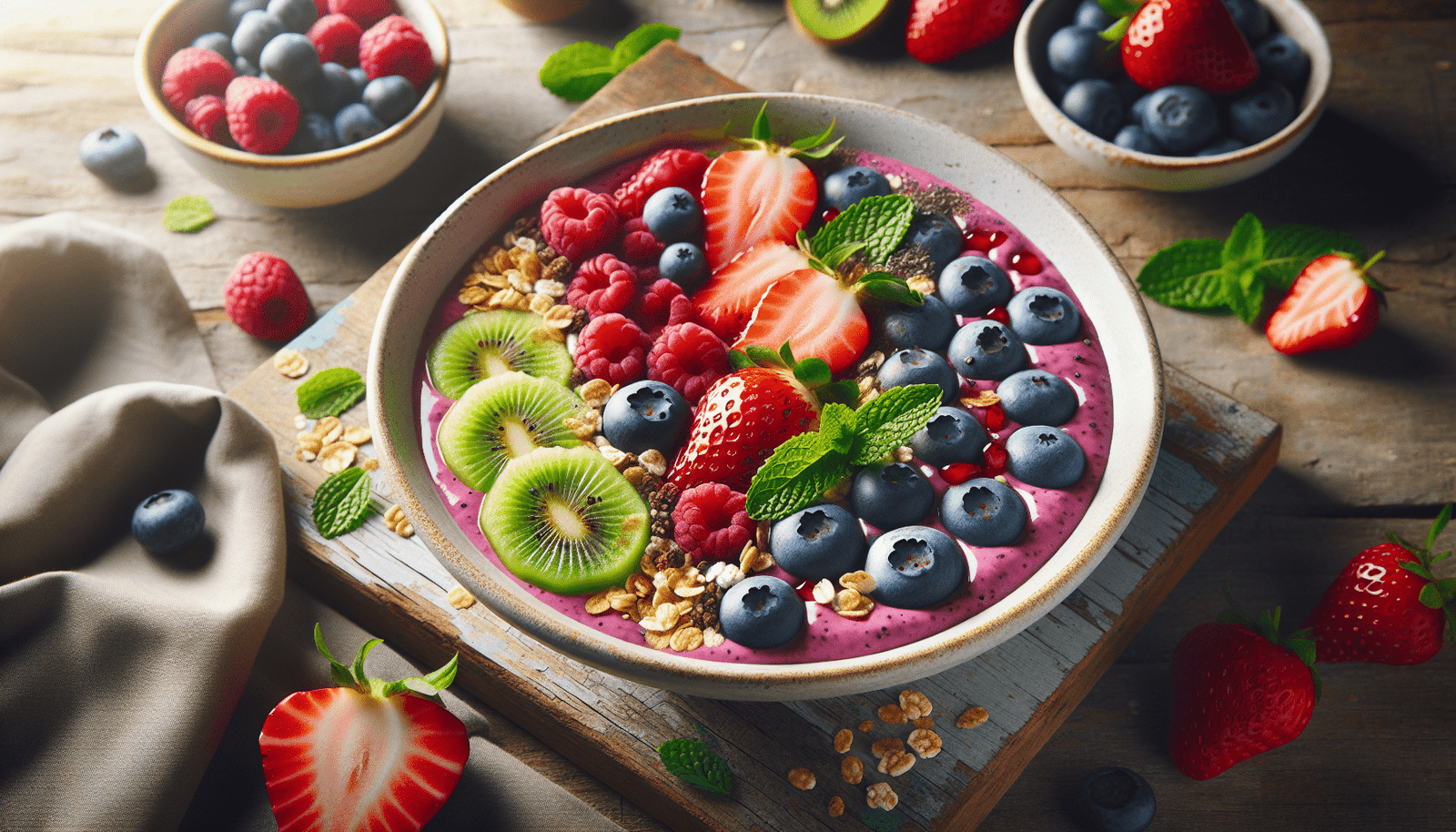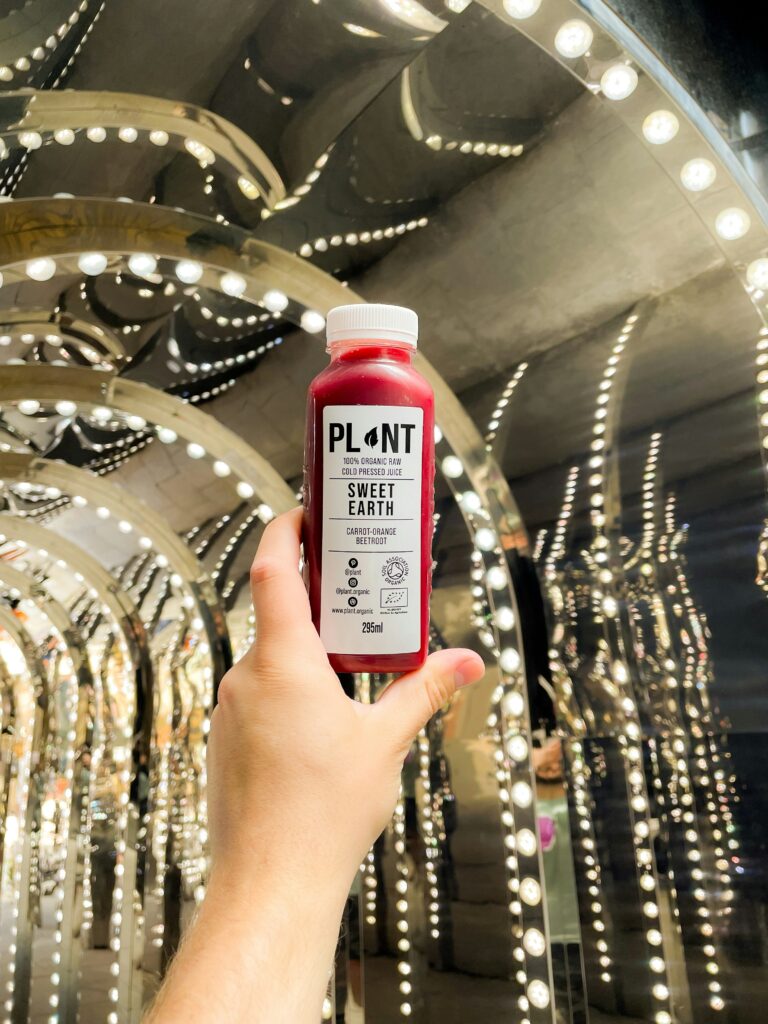Have you ever wondered whether you can enjoy a refreshing smoothie while following the Mediterranean diet? That’s a valid question, especially since smoothies can be a delicious way to incorporate nutrient-dense foods into your meals. Let’s break it down together.
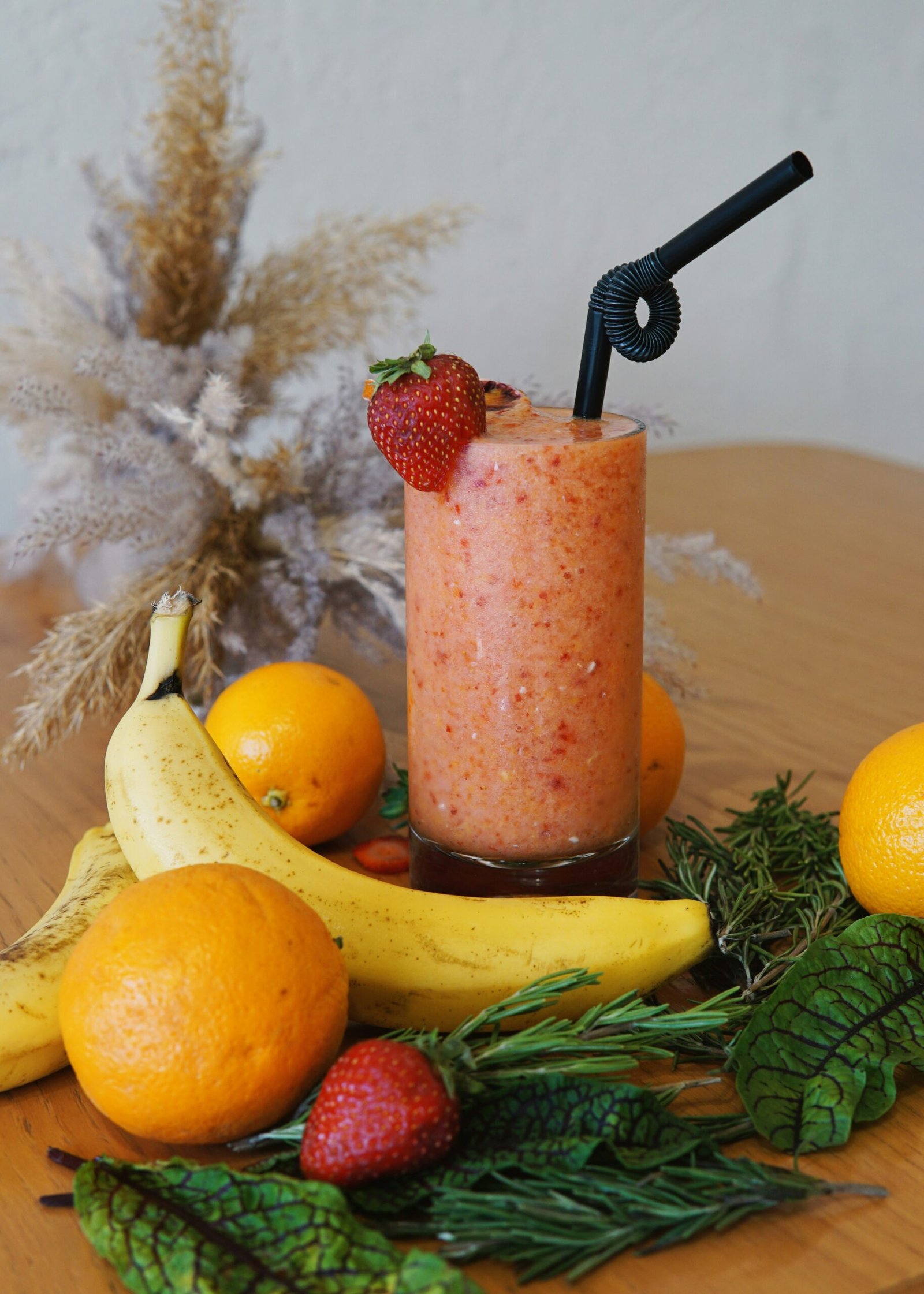
Understanding the Mediterranean Diet
Before we jump into whether smoothies fit into the Mediterranean diet, it’s essential to understand what this diet is about. The Mediterranean diet is inspired by the traditional eating patterns of countries bordering the Mediterranean Sea, such as Italy, Greece, and Spain. It emphasizes whole foods, healthy fats, and plenty of fruits and vegetables, making it a popular choice for those looking to improve their overall health.
Key Components of the Mediterranean Diet
-
Fruits and Vegetables: This diet is rich in fresh produce, which provides essential vitamins, minerals, and fiber. Aim for a colorful plate filled with a variety of fruits and veggies.
-
Whole Grains: Instead of refined grains, focus on whole grains like brown rice, quinoa, and whole-wheat bread. These options are more nutritious and keep you feeling full longer.
-
Healthy Fats: Olive oil is the cornerstone of fat in this diet. Nuts, seeds, and avocados also provide healthy fats that support heart health.
-
Lean Proteins: Fish, poultry, and plant-based proteins are encouraged, while red meat is limited. This approach offers a range of nutrients and helps reduce saturated fat intake.
-
Dairy in Moderation: Opt for low-fat or non-fat dairy products, such as yogurt and cheese, which provide protein and calcium.
-
Herbs and Spices: Flavor your dishes with fresh herbs and spices instead of salt. This adds taste and nutritional benefits.
Can Smoothies Fit Into This Dietary Lifestyle?
Now that you have a sense of what the Mediterranean diet entails, let’s discuss smoothies. The good news is that smoothies can absolutely fit into your Mediterranean meal plan if crafted thoughtfully.
Benefits of Smoothies
Smoothies can be a fantastic way to boost your nutrient intake. They are incredibly versatile and can fit the Mediterranean diet’s emphasis on fruits, vegetables, and healthy fats. With the right ingredients, you can create smoothies that align perfectly with this lifestyle.
Nutrient-Dense Choices
One of the primary benefits of smoothies is their ability to pack in a variety of nutrients in one serving. Here’s how you can make your smoothies align with the Mediterranean diet:
-
Fruits: Use fresh or frozen fruits like berries, bananas, or citrus. These will add natural sweetness and are rich in vitamins.
-
Vegetables: Leafy greens like spinach or kale can be easily added, providing essential nutrients without a lot of calories.
-
Healthy Fats: Add a tablespoon of nut butter or a sprinkle of chia seeds to your smoothie for a dose of healthy fats.
-
Whole Grains: Incorporating oats or a small amount of whole-grain cereal can provide fiber and promote fullness.
-
Liquid Base: Instead of juice (which can be high in sugar), use water, unsweetened almond milk, or yogurt for creaminess without the extra sugar.
Ingredients to Include in Your Smoothies
To ensure your smoothies are in line with the Mediterranean diet, consider the following ingredients:
| Ingredient | Nutritional Benefits |
|---|---|
| Berries | High in antioxidants, vitamins, and fiber. |
| Spinach/Kale | Packed with vitamins A, C, and K, as well as iron. |
| Greek Yogurt | Offers protein and probiotics for gut health. |
| Nuts/Seeds | Provides healthy fats, protein, and fiber. |
| Oats | A good source of soluble fiber and keeps you feeling full. |
| Citrus (like oranges) | High in vitamin C and adds a refreshing zing. |
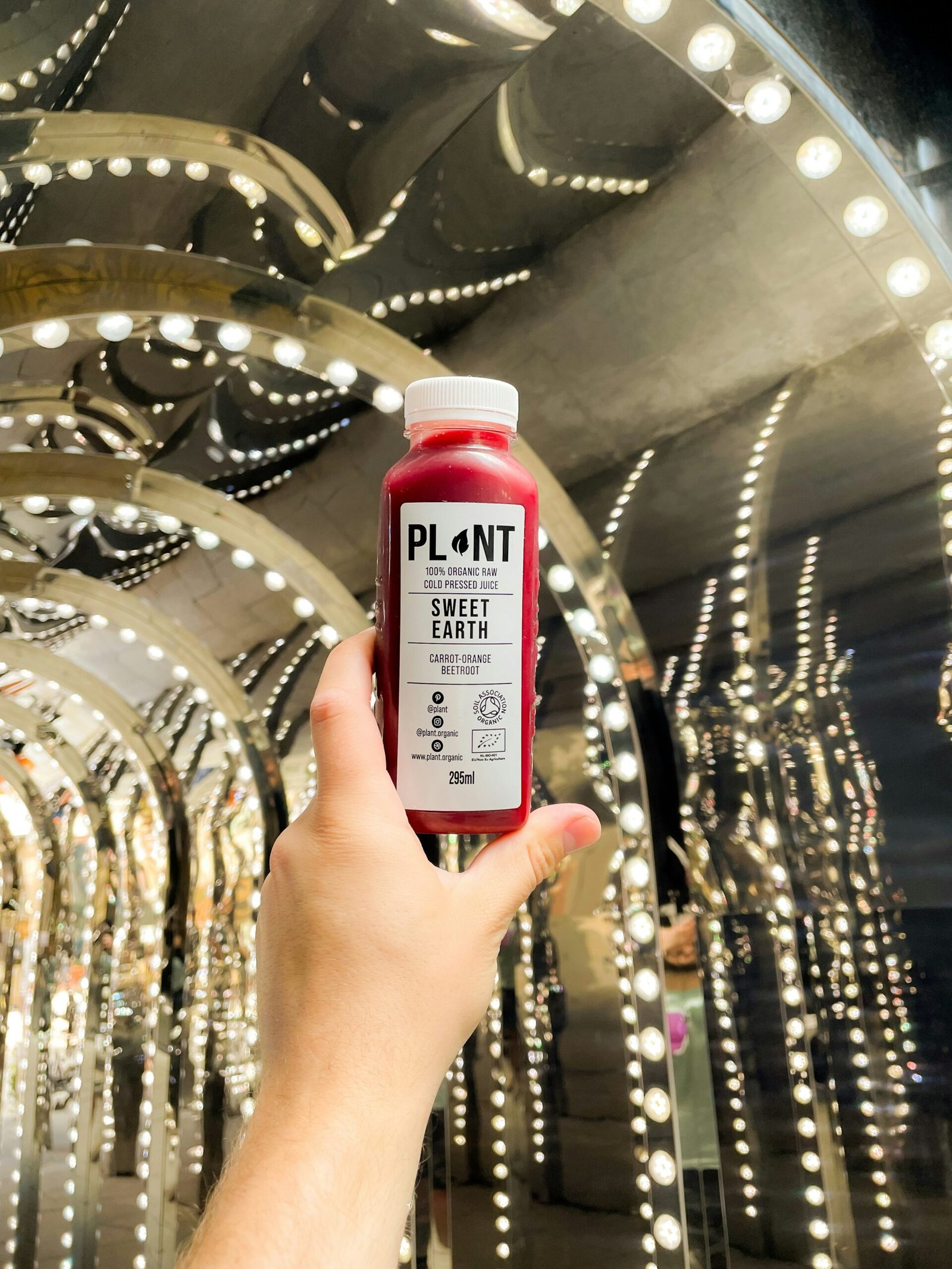
Smoothie Recipes for the Mediterranean Diet
Now that you know what ingredients to include, here are some delightful smoothie recipes that align with the Mediterranean diet. These will not only satisfy your taste buds but also nourish your body.
Green Mediterranean Smoothie
This smoothie is loaded with greens and healthy fats, making it an excellent start to your day or a refreshing afternoon snack.
Ingredients:
- 1 cup spinach
- 1/2 avocado
- 1 banana
- 1/2 cup Greek yogurt
- 1 cup unsweetened almond milk
- A sprinkle of chia seeds
Instructions:
- In a blender, combine all ingredients.
- Blend until smooth.
- Serve immediately and enjoy your nutrient-packed treat!
Berry Banana Blast
This smoothie is perfect for those sweet cravings, offering a balance of fruits and dairy.
Ingredients:
- 1 cup mixed berries (strawberries, blueberries, raspberries)
- 1 banana
- 1 cup Greek yogurt
- 1 tablespoon honey (optional)
- 1/2 cup water or unsweetened almond milk
Instructions:
- Blend all ingredients until smooth.
- Adjust sweetness according to your taste by adding honey.
- Pour into a glass and enjoy!
Citrus Refreshing Smoothie
Bright and refreshing, this smoothie is perfect for a sunny day and packed with vitamins.
Ingredients:
- 1 orange, peeled
- 1/2 grapefruit, peeled
- 1/2 cup Greek yogurt
- 1 tablespoon honey
- A handful of ice
Instructions:
- Combine ingredients in a blender and blend well.
- Enjoy the refreshing taste and the vitamin kick!
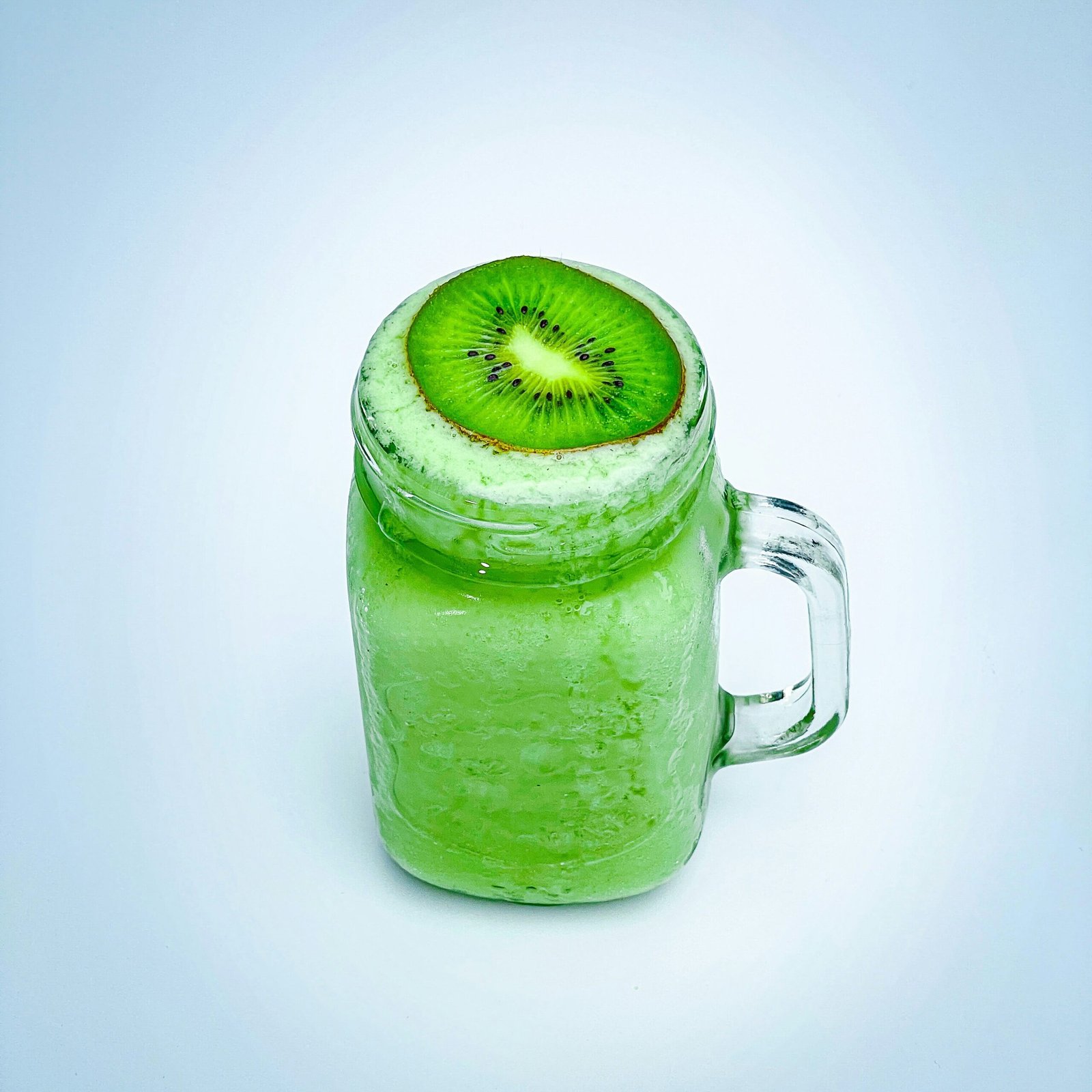
Tips for Making Healthier Smoothies
While smoothies can be nutritious, it’s important to be mindful of what you include. Here are some tips to make sure your smoothies are healthy:
Watch the Sugar
Many smoothies can become sugar bombs if you’re not careful. Keep an eye on the types and amounts of fruits you’re using. Choose whole fruits over juices, which are often stripped of fiber and higher in sugar.
Balance Your Ingredients
A good smoothie contains a balance of fruits, vegetables, healthy fats, and protein. This not only enhances the nutritional profile but also makes it more satisfying.
Portion Size Matters
Smoothies can be quite filling, so consider the portion sizes. A serving of smoothie that’s around 8 to 12 ounces is typically sufficient. If you’re using it as a meal replacement, adding more protein and healthy fats will help keep you satiated.
Stick to Whole Foods
Try to avoid adding processed ingredients, like sugary yogurt or sweetened milk alternatives. Stick with whole foods as much as possible to keep your smoothie aligned with the Mediterranean diet principles.
Get Creative
Feel free to get creative with your smoothie recipes! Swap ingredients based on what’s in season or what you have on hand. Don’t hesitate to experiment with spices like cinnamon or turmeric for added health benefits.

Conclusion
Can you have smoothies on the Mediterranean diet? Absolutely! With the right ingredients, smoothies can be a nourishing and delicious part of your Mediterranean meal plan. By focusing on whole foods, fresh produce, and healthy fats, you can enjoy a wide variety of flavors while staying true to this wholesome diet.
As you sip on your next smoothie, remember that you’re not just enjoying a tasty treat—you’re also nourishing your body and supporting a healthy lifestyle. So, go ahead and blend up a nutritious concoction, and savor every delicious sip!
Incorporating smoothies into your Mediterranean diet can be both tasty and beneficial. Cheers to making healthy choices and enjoying every moment of it!
